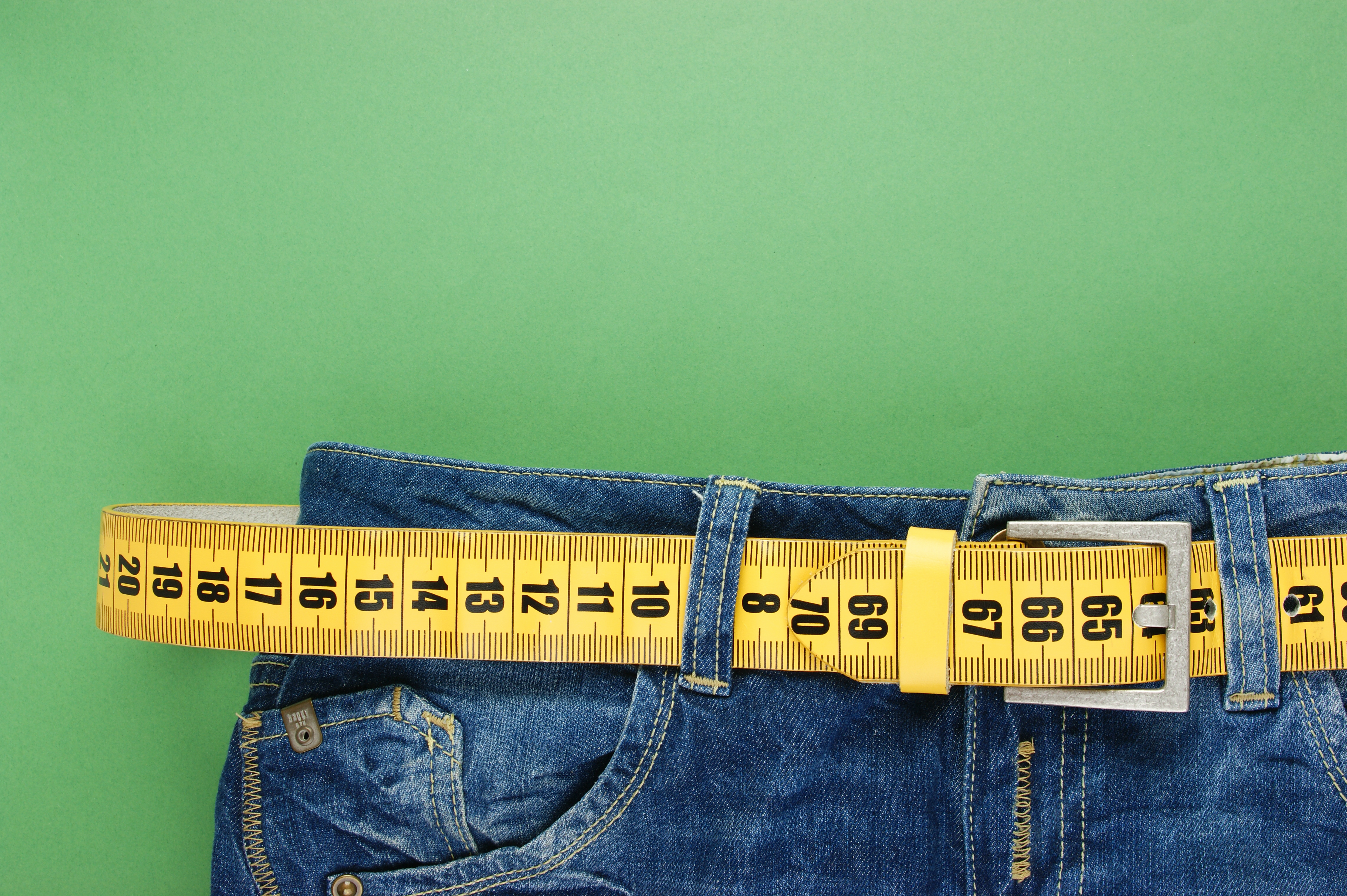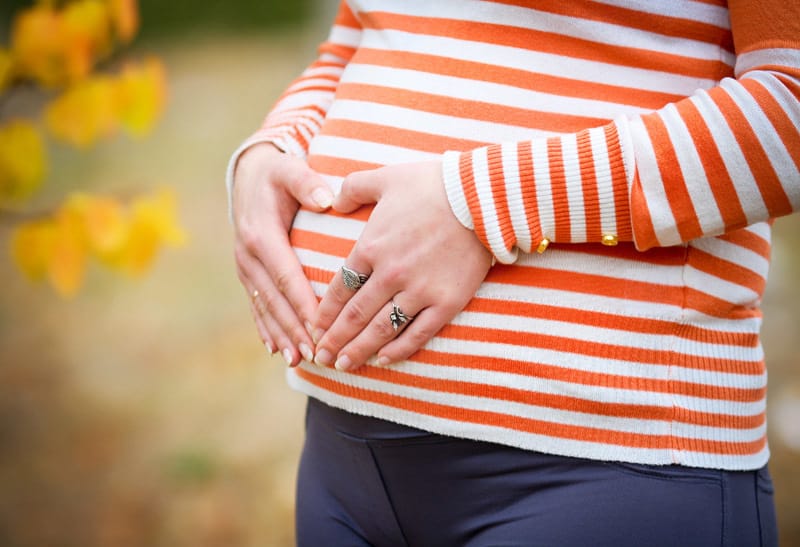Contents:
- Medical Video: How to Lose Weight and Get More Energy in 15 Days
- Can you prevent weight gain during fasting?
- Rules for eating at dawn and breaking fast
- Physical activity
Medical Video: How to Lose Weight and Get More Energy in 15 Days
Fasting can actually be the right time for you to lose weight. But even though the meal time is only twice, at dawn and breaking the fast, many people actually complain of weight gain when fasting. The shifting of the numbers on the scales is somewhat due to the sweet and fried eating habits of fast-breaking when breaking fast.Then, how to prevent weight from rising when fasting?
Can you prevent weight gain during fasting?
Of course! Your weight increases because the number of calories that come from food is greater than what you burn when on the move. So to prevent weight gain during fasting, you must pay attention to your diet and physical activity during this Ramadan month.
Rules for eating at dawn and breaking fast
Breaking fast is recommended to eat all sweet foods to restore energy. Even so, this can cause weight gain if it continues to be done every day. Sweet drinks and drinks do not give you a feeling of fullness so you will continue to consume them, without realizing that your calorie intake has been very excessive. Not to mention the calories from fried foods you eat, and continue with eating large portions of rice. Imagine how many calories enter your body when breaking the fast?
To prevent weight loss, you should still control your intake of food when breaking fast and dawn. Don't overeat, eat according to your needs.
Some of the things you can do when opening and sahur to prevent weight gain during fasting are:
- Breaking with the sweet is indeed recommended so that you can quickly replace your energy lost during fasting, but not to overdo it.
- Reduce consumption of fried foods or fried foods. Eating fried foods when breaking fast is delicious, but the calories donated to your body from fried foods are very large.
- Consume carbohydrate food sources, such as rice and noodles, when open and sahur. Even better if you eat food sources of complex carbohydrates. Complex carbohydrates contain more fiber which can help you maintain energy and full longer, thus preventing you from overeating.
- Consume protein sources, such as chicken, fish, meat and eggs. It would be better if cooked by steaming, boiling, or baking, so it doesn't add more calories to the food. Protein can also help you feel full longer.
- Consume food sources of vitamins and minerals. You can get from vegetables and fruits. You are advised to eat vegetables and fruits for at least 5 servings when breaking fast and sahur. This can help you meet the needs of vitamins, minerals, and fiber in a day.
- Enough for your fluid needs, at least 8 glasses per day, to prevent dehydration during fasting. The best drink you consume is water.
- Limit consumption of sweet drinks, such as sweet tea, sweet drinks in packs, and syrup. Without your realizing it, this drink can contribute excess calories to your body.
- Also limit caffeinated drinks, such as tea, coffee and soft drinks. This drink can encourage your body to lose more fluid, thus increasing the risk of dehydration.
After eating at open and sahur, you should not go straight to sleep. Give your body time to digest all the food you consume. Sleeping immediately after eating can actually make you gain weight and sleep less well.
Physical activity
Fasting is not your reason for lazing. In addition to having to control food intake, regular exercise while fasting can also help you maintain weight.
However, choose the right time to exercise when fasting. You can exercise lightly after dawn, before breaking the fast, or after Tarawih.
When fasting, you can exercise light to moderate intensity, such as swimming, walking, yoga, Tai chi, or cycling. Avoid exercising too much to prevent fatigue and dehydration during fasting.












